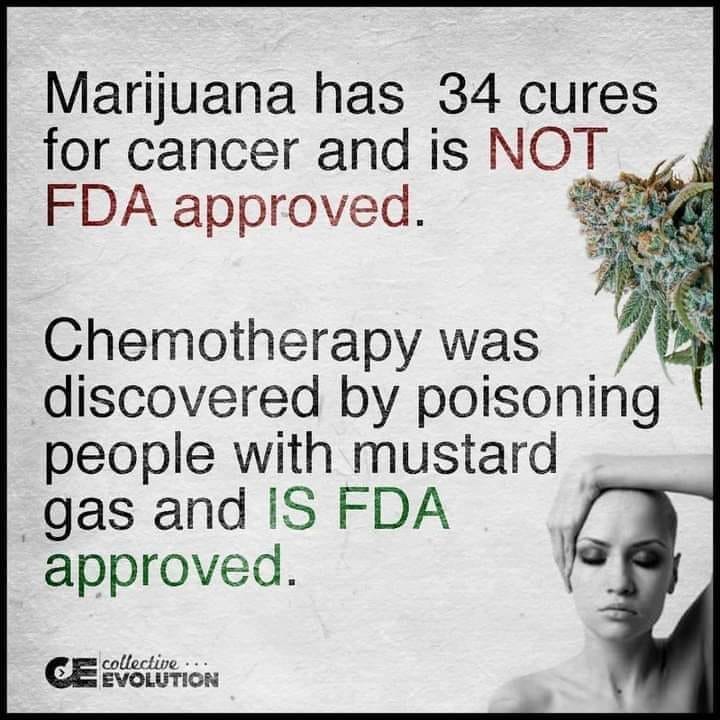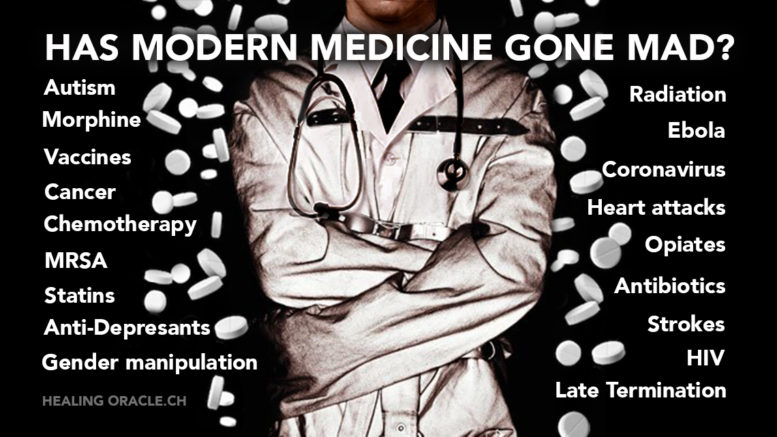
…while the rest could KILL You!
Experts have sounded the alarm about hundreds of cancer patients dying preventable deaths due to a lethal side effect of chemotherapy treatment.
The complication, which affects one in 50 patients, destroys healthy cells in the body, eventually leading to multiple organ failure and, in the worst cases, death.
It effects those given some of the most common types of chemotherapy who lack specific enzymes required to metabolize the drug. Continue reading


 A few years ago, one of my students came to me and spoke about her mother who was undergoing treatment for breast cancer. She said her mother was losing her memory and her bearings, and was very worried because nobody knew what to do about her symptoms. The oncologist sent her to the psychiatrist. The psychiatrist sent her back, saying that her symptoms were a result of the cancer treatment.
A few years ago, one of my students came to me and spoke about her mother who was undergoing treatment for breast cancer. She said her mother was losing her memory and her bearings, and was very worried because nobody knew what to do about her symptoms. The oncologist sent her to the psychiatrist. The psychiatrist sent her back, saying that her symptoms were a result of the cancer treatment.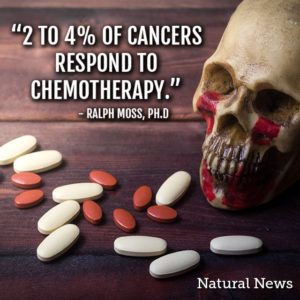 I will never forget the first time I saw those words. I was entering a cancer ward for children. Written on a large easel at the entrance to this ward was the following inscription…
I will never forget the first time I saw those words. I was entering a cancer ward for children. Written on a large easel at the entrance to this ward was the following inscription… Could this initiative to sway opinion by leading cancer authorities possibly – just possibly – be related to the revolution that is happening around the world – highlighting the dangers and ineffectiveness of toxic chemotherapy and radiation, bringing cancer cures such as cannabis to the forefront, or the emerging mass markets now creating awareness on the reality of our food and the consequences of the cancer industry itself?
Could this initiative to sway opinion by leading cancer authorities possibly – just possibly – be related to the revolution that is happening around the world – highlighting the dangers and ineffectiveness of toxic chemotherapy and radiation, bringing cancer cures such as cannabis to the forefront, or the emerging mass markets now creating awareness on the reality of our food and the consequences of the cancer industry itself? 
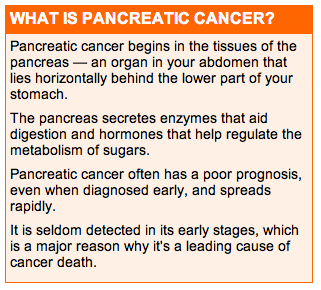 The pancreas is an organ that supports the digestive system and helps the body regulate blood sugar.
The pancreas is an organ that supports the digestive system and helps the body regulate blood sugar. 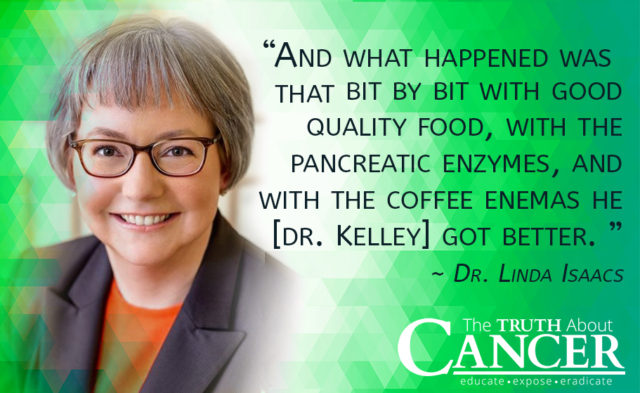 Pancreatic cancer develops when uncontrolled cell growth begins in a part of the pancreas. Symptoms include jaundice and pain located in the abdomen or back, but these might not appear until the later stages.
Pancreatic cancer develops when uncontrolled cell growth begins in a part of the pancreas. Symptoms include jaundice and pain located in the abdomen or back, but these might not appear until the later stages.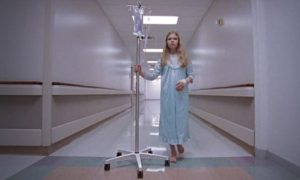 September of 2022, at 23 years old, I was experiencing difficulty breathing and feeling under the weather, which landed me in the emergency room. I had recently been on a bachelorette trip to Vegas which lead me to assume I may have caught an illness considering my flu-like symptoms.
September of 2022, at 23 years old, I was experiencing difficulty breathing and feeling under the weather, which landed me in the emergency room. I had recently been on a bachelorette trip to Vegas which lead me to assume I may have caught an illness considering my flu-like symptoms. Some of the time many physicians treat the symptoms of disease rather than the cause. With cancer, many times the cause of the disease is missing from their mode of treatment. Many times, cancer patients are dying when the cause and a cure are now available. In Europe, Asia, India, Japan, England, and many other countries, a very high-pressure non-invasive cancer machine called the Cellsonic VIPP therapy machine has been curing cancer for many years. Recently, the company got a license from the FDA to use the machine in the United States. This is very great because cancer patients will be non-invasively cured when many oncologists are now mostly treating the symptoms of the disease with chemotherapy and radiation.
Some of the time many physicians treat the symptoms of disease rather than the cause. With cancer, many times the cause of the disease is missing from their mode of treatment. Many times, cancer patients are dying when the cause and a cure are now available. In Europe, Asia, India, Japan, England, and many other countries, a very high-pressure non-invasive cancer machine called the Cellsonic VIPP therapy machine has been curing cancer for many years. Recently, the company got a license from the FDA to use the machine in the United States. This is very great because cancer patients will be non-invasively cured when many oncologists are now mostly treating the symptoms of the disease with chemotherapy and radiation. 